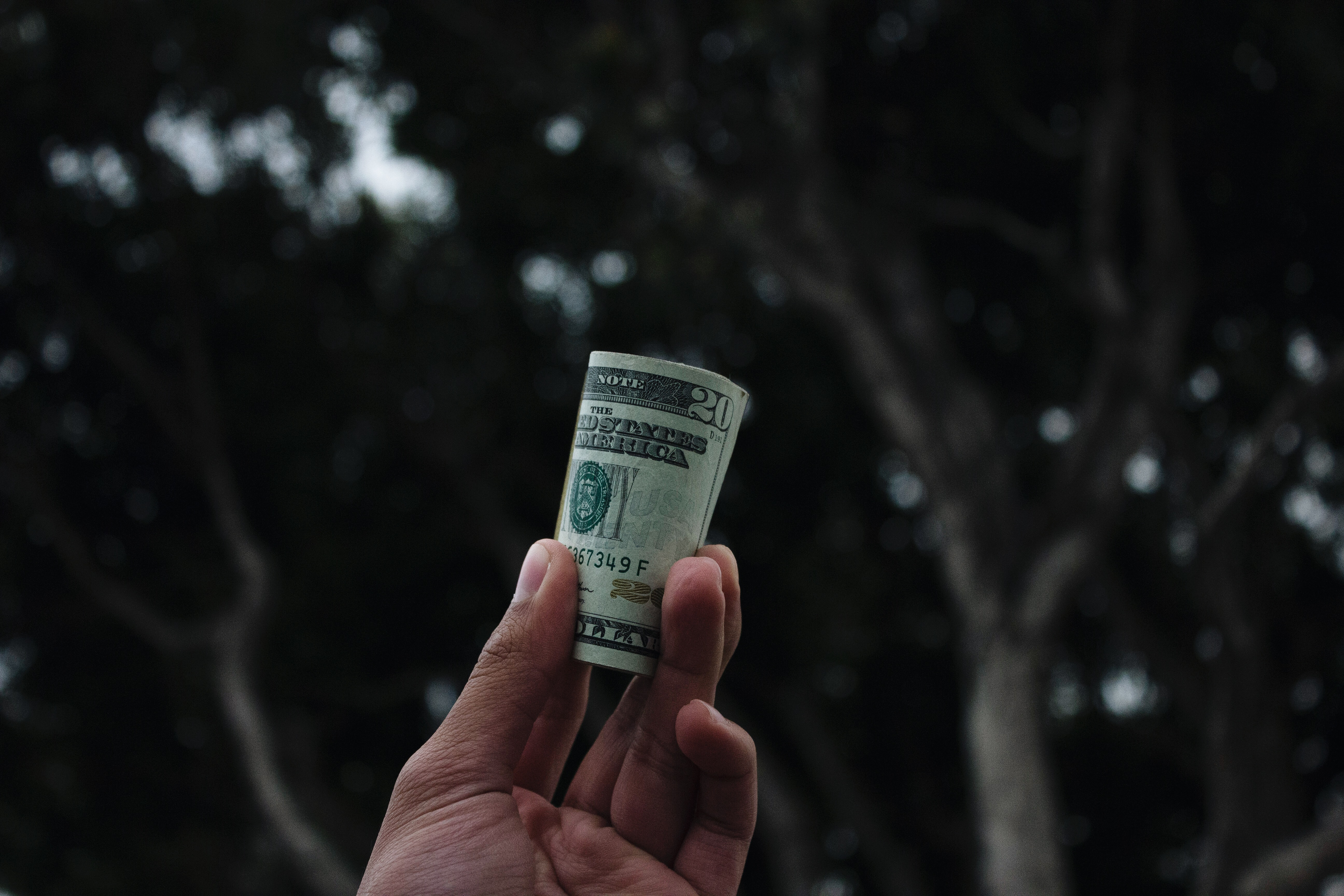Broken Windows, Broken Budgets
When it comes to personal finance, many people think that small expenses don’t matter.
People share advice along the lines of: don’t worry about buying coffee everyday before work, don’t get all that bummed out about the costs you incur for dining out or for entertainment, don’t let it get to you that you’ll be paying off student loan debts or car payments until you’re fifty.
As long as you don’t go overboard, they seem to be telling you, it’s all good. It’s the big stuff that matters; don’t sweat the small things.
This could hardly be more wrong.
I suspect much of this is well-intentioned advice meant to penetrate the resignation of Millennials who think there’s nothing they can do about the big-picture spending items they’re locked into (or, alternately, the big-ticket items they’re kept from having). Naturally, they then want to enjoy smaller pleasures and pursuits.
I’ll admit, that’s not the worst perspective to have; trying to get people to care about saving money and making better financial choices is always laudable. Moving a person just a little bit in the right direction is still progress, but beginning from a place of consumerism, assuming that being cavalier with small-ish expenses won’t hurt your budget, is a big deal. And I don’t mean that as a compliment.
Let’s think about the famous “broken windows” theory of law enforcement as it relates to forming habits and making choices. (Isn’t money just a visible symbol of our choices?)
This strategy was made famous at the end of the 20th century in New York City by NYPD leaders who wanted to attend to smaller crimes like jumping the subway turnstile without paying or vandalism in order to prevent people from thinking that other crimes wouldn’t be punished. New York had a decades-long crime problem, and things like broken windows and vandalism created an air of permissiveness when it came to lawbreaking.
To make a loose analogy, money can be viewed the same way.

Allowing yourself to buy all (or most of) the small things you want will only make it harder for you to resist the big splurges. It’s hard to say yes to artisanal coffee in the morning and gourmet lunches at work only to sit down at your computer and resist buying things on Amazon and impulsively booking tickets for pricey events or getaways.
It's hard to resist the encroaching spirit of consumerism when you let yourself poke dozens of little holes in your goals.
It’s hard to save at the end of the month when you indulge continually along the way.
That’s how my mind works, anyway, and I would bet that’s true for you.
This post has been ranked within the top 50 most undervalued posts in the first half of Mar 26. We estimate that this post is undervalued by $3.84 as compared to a scenario in which every voter had an equal say.
See the full rankings and details in The Daily Tribune: Mar 26 - Part I. You can also read about some of our methodology, data analysis and technical details in our initial post.
If you are the author and would prefer not to receive these comments, simply reply "Stop" to this comment.
Good stuff @sagewords! David Bach calls it the "Latte Factor" when referring to the small amounts that people send on going out to eat, coffee, and other miscellaneous expenses! These definitely add up!
Yeah, that's everywhere! It's become such a cliche as the go-to example of where people often frivolously spend money, but I suppose that's because it's accurate. People do spend a lot of money that way.
Exactly! So many people think they can't put any money away to invest but if they took at look at what they spend their money on, they could easily cut out a large percentage monthly!
Plus there's the fact that what people spend is after-tax money. Nobody really appreciates that.
So, anything purchased costs more than it says. A $5 expense is really more, depending on someone's taxes.